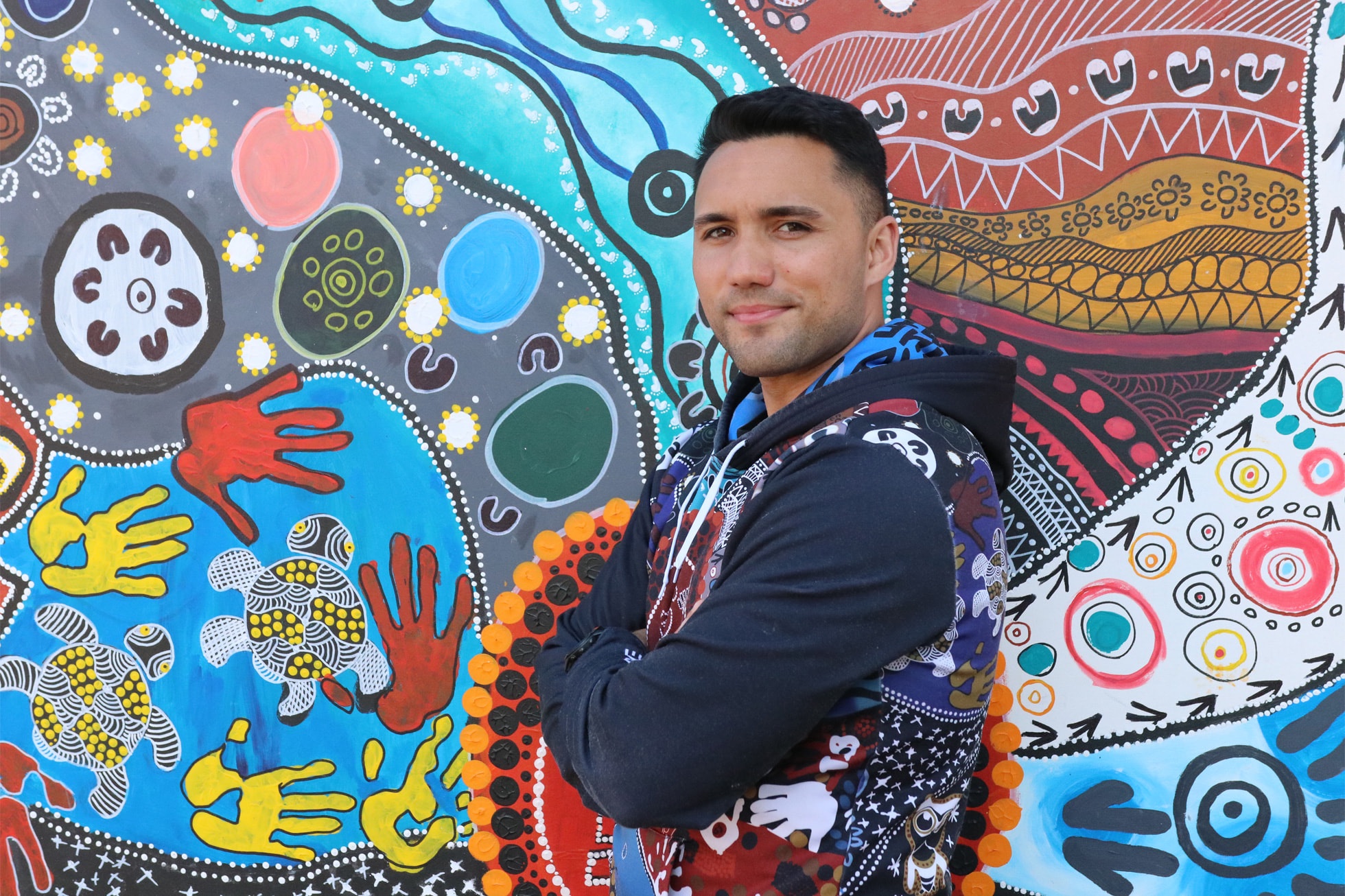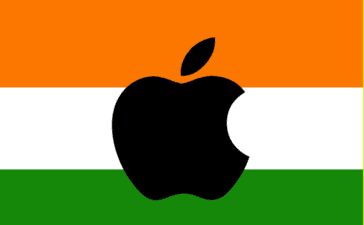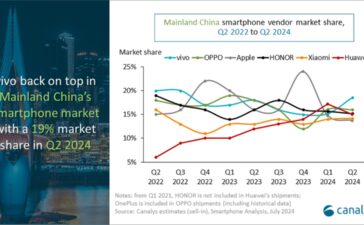To mark Apple’s 40 years in Australia, the company has announced new initiatives that will help protect the environment and create opportunity in communities across the country. Projects include developing new sources of renewable energy, expanding coding education programs, and forging partnerships with Indigenous-led nonprofits advancing equity and opportunity.
“We’re proud to celebrate Apple’s long history in Australia, and to deepen our shared commitment to protecting the planet and creating opportunity in people’s lives,” CEO Tim Cook said in a statement. “We’re fortunate to have so many great partners, colleagues, and customers across this country, and we’ll continue working together to make the world a more equitable and just place for all.”
New Renewable Energy Project
With the purchase of clean energy from a new wind farm in Queensland, Apple will help address the energy customers use to power and enjoy their Apple products. Already carbon neutral across all of the company’s global facilities and operations, this innovative project is part of Apple’s ambitious goal to become carbon neutral across its entire business, manufacturing supply chain, and product life cycle by 2030.
“At Apple, we recognise the urgent need to address the climate crisis, and we’re accelerating our global work to ensure our products have a net-zero climate footprint across their entire life cycle,” said Lisa Jackson, Apple’s vice president of Environment, Policy, and Social Initiatives. “We are proud to play a part in Australia’s transition to a cleaner energy grid, and thrilled that Apple will soon support Australian customers’ use of their favorite products with clean energy.”


The Upper Burdekin Wind Farm is located on pastoral land in Gugu Badhun country and will begin operations in 2026. Apple’s investment in clean energy from this site will support the country’s transition to renewables, and provide the equivalent energy to power 80,000 homes.
The Queensland wind farm is Apple’s second project designed specifically to address the electricity customers use to charge their Apple devices. In April, Apple announced a 2,300-acre solar project in Brown County, Texas, which will generate 300 megawatts of electricity once completed later this year. These projects are in addition to the more than 10 gigawatts of clean energy currently operational throughout Apple’s supply chain, part of the company’s work with suppliers to achieve its 2030 climate goal.
New Coding Opportunities
Today, Apple also announced an expanded partnership with leading Australian universities — RMIT University in Melbourne and the University of Technology Sydney (UTS) — that will bring coding education to even more students across the country.
Apple’s coding resources and training programs help to bring coding skills to learners throughout Australia, preparing students for careers in the app economy. In 2017, Apple teamed up with RMIT Online to launch courses using Apple’s Develop in Swift curriculum, which teaches students to use Apple’s Swift coding language to design and build their own apps. Since then, universities, schools, and colleges — including Curtin University and TAFE Queensland — have expanded their offerings in app development and coding with Swift.


To expand coding opportunities to even more learners, Apple, in collaboration with RMIT and UTS, is launching two new Apple Foundation Programs that will provide four-week courses on the fundamentals of app development with Swift. In the period of one month, students will gain the skills to design and prototype their own apps and learn introductory coding skills. Both programs will open for enrollment later this year, with courses beginning in early 2023.
“Innovation and creativity define the Australian developer community, and we’re incredibly proud to expand the pathways into the thriving iOS app economy through our App Developer Foundation programs with RMIT and UTS,” said Susan Prescott, Apple’s vice president of Worldwide Developer Relations and Enterprise and Education Marketing. “At Apple, we view coding as a universal language that empowers people with the tools to create, communicate, and problem-solve in entirely new ways, and we’re excited to see what the next generation of developers deliver.”
Supporting Australia’s Indigenous Community
Apple’s new commitments will also expand the company’s Racial Equity and Justice Initiative (REJI) to Australia, funding initiatives and community nonprofits serving Indigenous communities.
REJI is Apple’s companywide effort to address systemic racism and expand opportunities for communities of colour, focused on advancing racial equity in education, the economy, and the criminal justice system. As part of this work, Apple has launched an Impact Accelerator to support equity and opportunity in the environmental sector, provided venture capital funding for entrepreneurs of colour, supported nonprofits advocating for criminal and environmental justice, and more.
“We all have a part to play when it comes to creating a more equitable world,” said Alisha Johnson, Apple’s director of REJI. “Extending the company’s Racial Equity and Justice Initiative to Australia is part of a long-term commitment from Apple to help support Australia’s Indigenous community by collaborating with organisations driving meaningful change.”
Apple’s initial funding grants will support organizations advancing equity through education, economic empowerment, and criminal justice reform, including:
- Deadly Connections: an Indigenous-led organization that aims to directly address the involvement of First Nations people, families, and communities in the child protection and justice systems.
- ID. Know Yourself: an Indigenous-led organization that supports Indigenous children living in the out-of-home care system who have been impacted by cultural dispossession, systematic disadvantage, and complex trauma.
- First Australians Capital: a national Indigenous-led organisation that builds investment readiness and designs the right capital solutions for Indigenous businesses to thrive.
- Art Gallery of NSW: the gallery’s Djamu Youth Justice Program supports Indigenous young people in the New South Wales Youth Justice System through creating meaningful connections to art and culture, and provides ongoing opportunities to learn about vocational pathways in the visual arts sector.
- Original Power: an Indigenous-led organization that is the key initiator of the First Nations Clean Energy Network, and has launched community-led renewable energy projects in the Northern Territory and beyond to help overcome the structural barriers locking Indigenous communities out of the benefits of lower cost, clean energy.
These grants complement Apple’s ongoing education partnerships in North East Arnhem Land and Western Australia, where education specialists are helping schools use iPad to preserve traditional teaching techniques, celebrate creativity, art, music, and maintain Indigenous languages.





